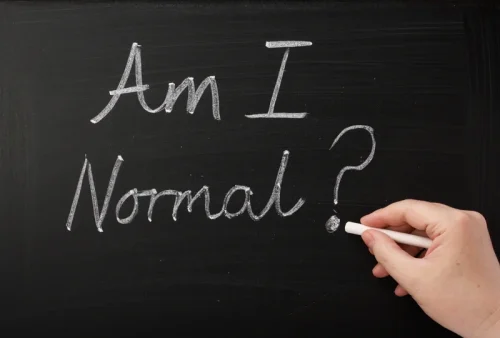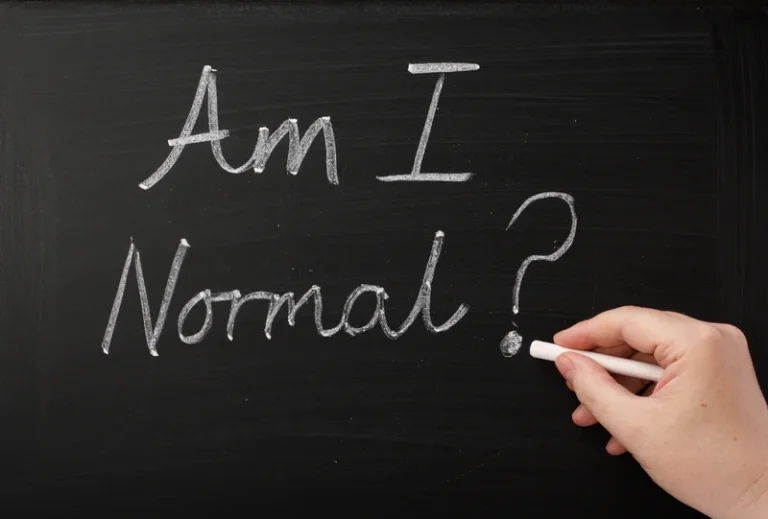
Continuous alcohol use can lead https://ecosoberhouse.com/ to neuroadaptations, resulting in a diminished response to dopamine. This dysregulation makes it challenging for recovering alcoholics to experience pleasure from everyday activities, prompting them to seek alternative sources of gratification. Eating sweet foods can reduce the intensity of these drug cravings by giving a short dopamine boost, which could be the difference between remaining in recovery or experiencing a relapse. Sugary foods can help those in recovery because they affect the brain like addictive drugs.
- This section will explore the role of a neurotransmitter called dopamine in sugar and alcohol addiction and discuss the concept of ‘sweet liking’ in alcohol use disorder.
- Discover the role of empathy in supporting mental health and how it creates a compassionate environment.
- Explore why residential treatment centers aren’t always possible for recovery and discover alternatives.
- Exercise releases endorphins, which can improve mood and reduce cravings for sugar.
More About Developing Emotional Intelligence in Recovery
- Regular alcohol drinkers can become tolerant to sugar from their alcohol intake.
- With the emotional and physical challenges of recovery, many individuals turn to sugar as a form of self-soothing.
- Remember, overcoming sugar cravings during recovery is a process that requires time, patience, and a multidimensional approach.
- Genetics also play a role in the sugar cravings experienced by recovering alcoholics.
Dopamine and serotonin are two neurotransmitters in the brain that are responsible for regulating mood, motivation, and reward. When an individual consumes alcohol, these neurotransmitters are stimulated, leading to feelings of pleasure and satisfaction. However, chronic alcohol consumption can lead to alterations in these brain chemicals, resulting in decreased levels of dopamine and serotonin. Sustainable recovery is possible and the best version of youself awaits at our Norcross addiction recovery center. We’ll give you skills to discover your self-worth and show you the tools for a life of hope and promise.
Blood Sugar Spikes

These fluctuations can trigger sugar cravings in alcoholics as the body attempts to stabilize its blood sugar levels. Recognizing these behaviors is important for effective management during recovery. The mind-body connection in the context of alcohol recovery is significant because recovering from alcohol addiction often leads to sugar cravings. This shift in cravings occurs as the body and mind seek alternative sources of comfort and reward, and is a significant part of the recovery process for many individuals. Support groups, such as Alcoholics Anonymous (AA) or other recovery programs, offer a community of individuals going through similar experiences.
Failure to Treat Addiction Is Leading to Unnecessary Deaths

One of the overlooked areas in this process is the role diet plays in recovery. This section delves into how nutrition impacts mental health in recovery and why managing sugar intake is crucial for those recovering from alcohol addiction. Understanding these factors can help individuals in recovery, and their support network, to address and manage sugar cravings effectively. By recognizing the underlying biological and psychological influences, it becomes possible to develop healthier coping mechanisms and strategies for managing cravings. This can significantly aid in the recovery process and help to prevent potential relapses.


However, all alcoholic beverages contain a significant number of calories and have little to no nutritional value. The fear of relapse is common in recovery; sometimes, dreams process this anxiety. They might also serve as exposure therapy to a simulation of what a relapse might be Sober living house like, helping enforce someone’s commitment to avoid it.
- Nutritionists can aid individuals in understanding the connection between diet and mood, addressing potential nutrient deficiencies that may exacerbate cravings.
- But even in cases of expected sugar cravings, fueled entirely by alcohol withdrawal, psychotherapy tends to be the ideal tool.
- Finally, a robust aftercare program can indeed include nutritional guidance and set the individual on course.
- However, excessive drinking (more than three drinks daily) can result in higher blood glucose and A1C levels 6.
Impact of Alcohol on Dopamine Release
As always, it’s important to consult with healthcare professionals when considering new treatments or strategies for managing AUD. Moreover, “sweet-likers” who use sugar to cope in early recovery may experience an increased risk of alcohol craving either directly or through sugar consumption and/or craving. Targeting sweet-cope may help reduce sugar consumption in early recovery and improve corresponding health concerns common in this population 5. However, another study suggests consuming sweets in early recovery poses a risk for treatment outcomes.
How Long Does Detox Take? A Timeline for Recovery
It is to say, however, that substance addiction also has a purely behavioral side; the habit of substance consumption in itself. Explore the most commonly used drugs, their effects, risks, and the journey from use to addiction. This overlap can result in cross-addictive behaviors, where individuals substitute sugar for alcohol when they attempt to abstain, compounding their cravings for sweet foods and drinks. Further complicating this landscape is the genetic component, as certain genes may predispose individuals, particularly those with alcoholic parents, to develop a preference for sweet foods.

The consumption of alcohol often replaces a balanced diet, leading to do recovering alcoholics crave sugar insufficient intake of essential nutrients. This deficiency can result in the body signaling increased sugar intake as a way to obtain quick energy, perpetuating the cycle of craving and consuming sugary foods or beverages. A balanced diet rich in complex carbohydrates, proteins, and healthy fats is fundamental for recovery.
It’s worth noting that managing cravings and maintaining a healthy lifestyle in recovery involves a multifaceted approach. Prioritizing self-care and seeking professional guidance can also contribute to a successful recovery journey. Understanding the link between alcohol and sugar consumption is critical in the context of addiction and recovery.
Social Media Addiction: The Digital Abyss
There is science behind why a recovering brain induces these mental movies. Discover how Narcan approved for over-the-counter sale can save lives and enhance addiction recovery efforts. Explore essential steps of recovery to rise stronger, overcome challenges, and maintain a successful journey. Discovering that your spouse is struggling with alcoholism can be a challenging and emotionally overwhelming experience. Unveil the path to addiction freedom with comprehensive treatment strategies and supportive care.


